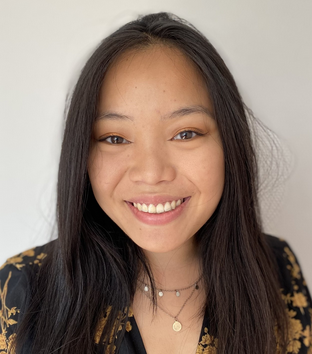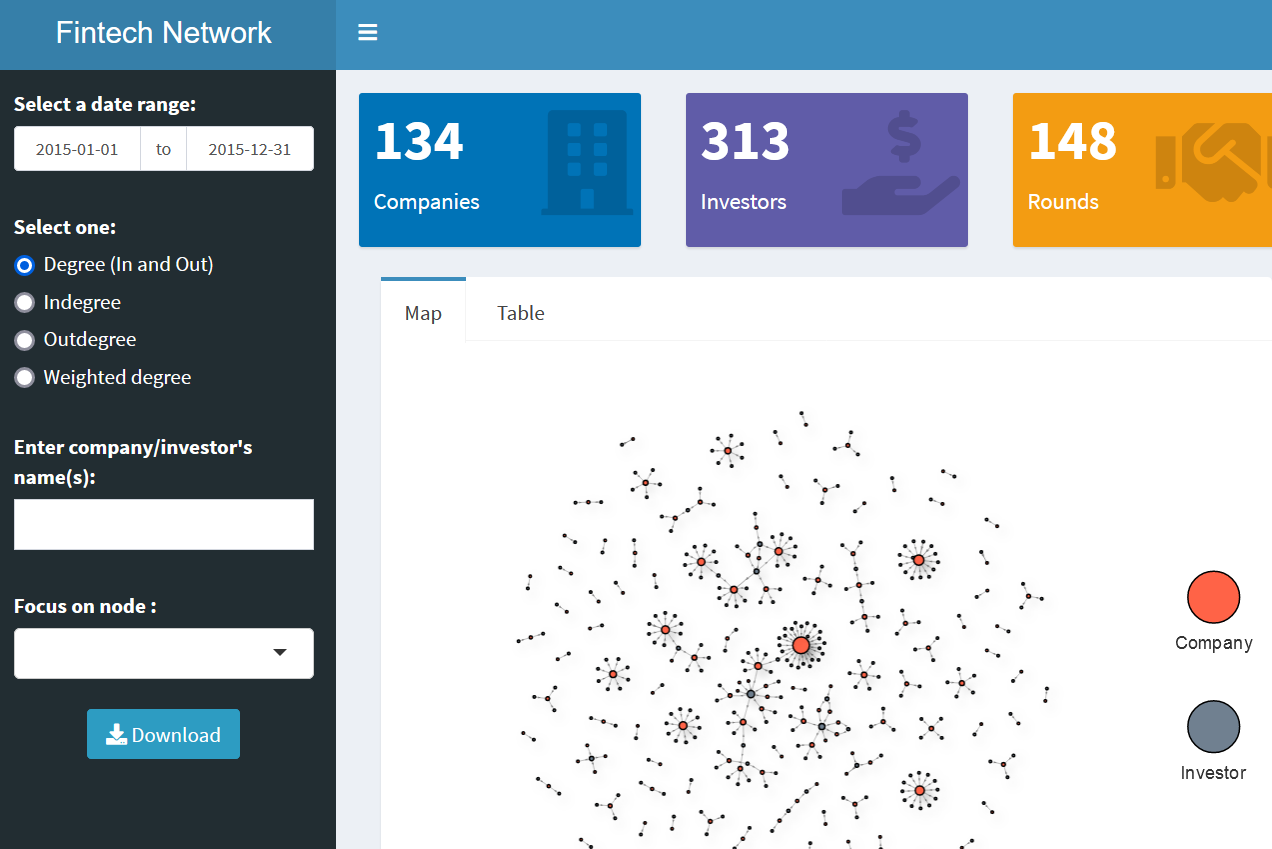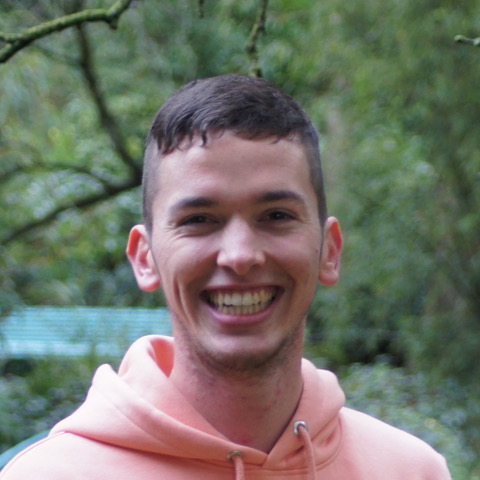We had the pleasure to welcome three interns this year: Anne-Fleur, Mai-Chi and Lucas to help us in our activities in the colocation-center. Here is a summary of their missions :

Anne-Fleur – Licence 3 MIAGE – Université Rennes 1
(joined 1st April 2021)
Mission proposed:
- Create a dashboard to help us collect, monitor and visualize behavior of twitter accounts of interest easily. Here we use accounts of biotech investors that are used in our research. It also allows to see the general trend of this sector rapidly
- Collect data for the third wave (2008->2013->2021) of a dataset about biotech entrepreneurs, their companies, the associated investors and funding rounds for our research about personal and organisational performance.
- Perform analysis using the datasets collected previously and interpret results.
sep
Mai-Chi – Master 1 MAS – Université Rennes 1
(joined 26th April 2021)
Mission proposed:
- This year, we have opened a new european master program on financial technologies. In this context, we have decided to replicate our study on biotech to companies to fintech and observe similarities and differences of these industries. We collect data about fintech companies, associated investors and funding rounds in order to build an interorganizational network to analyze for our researches.
- Collect data for a second wave(2017->2021) about the investment trends of french investors.
- Perform review of the analysis we have realized this year in order to make sure there was no mistake and finalize scientific articles.
sep


LUCAS- Master 1 MIASHS – Université Rennes 1
(joined 26th April 2021)
The research team at the University of Rennes 1 is interested in understanding the influence of “geographic proximity” in the performance indicators of innovation companies. Along his internship, Lucas undertakes the mission of carrying out a systematic review on the topic. The mission includes several stages:
- Lucas will understand how the concept of “geographic proximity” has been researched as an explanatory or independent variable or as response or dependent variable.
- After getting familiar with the concept, he will identify a relevant research problem regarding the topic, for example, a gap in the study of “geographic proximity” and “knowledge spill over” or a gap in the study of “geographic proximity” and the generation of “advice networks” among competitors.
- He will design the methodology (e.g., establishing the inclusion and exclusion criteria) that will finally help him to respond to the research question. At the collocation centre, we will be looking forward to understanding a little bit more about “geographic proximity” in the development of innovation.
Leave A Comment